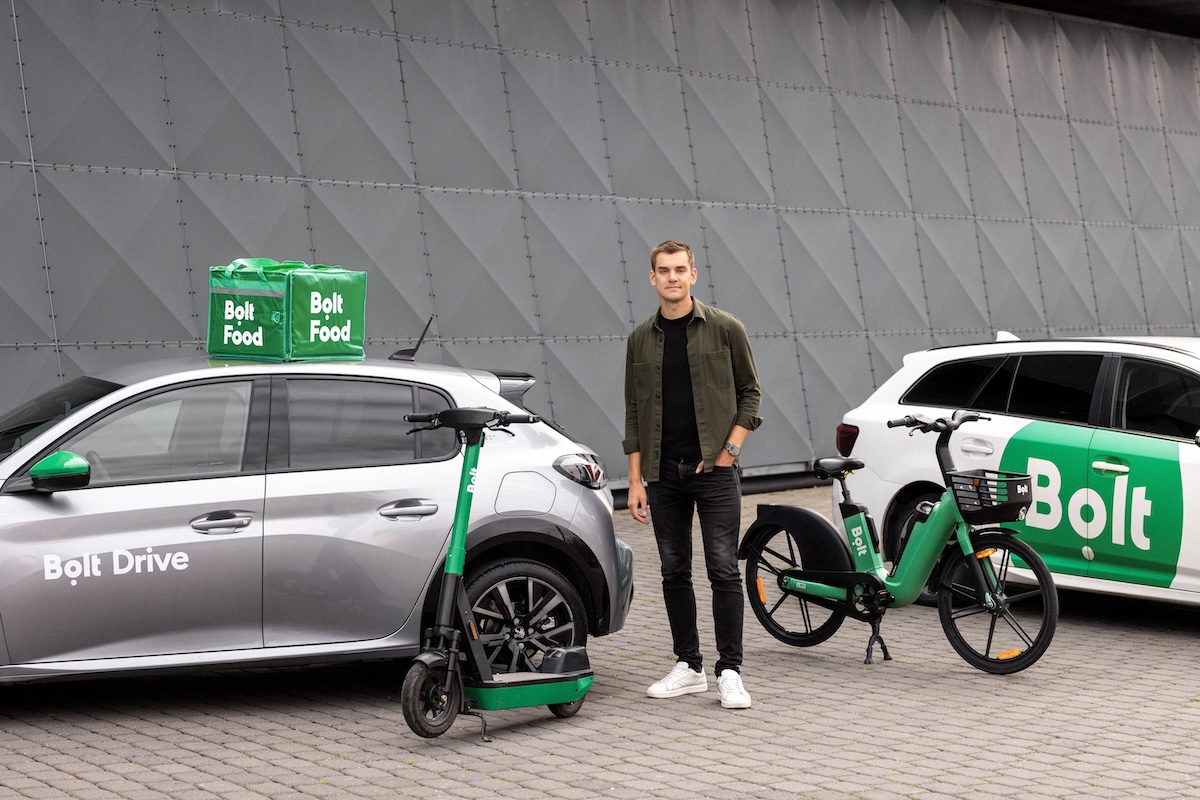Bolt’s annual revenue hits 2 billion euros

Estonian ride-hailing and food delivery startup Bolt revealed on Thursday it had hit 2 billion euros ($2.11 billion) in annual revenue.
Speaking on 20VC, the technology podcast hosted by entrepreneur Harry Stebbings Bolt Founder and CEO Markus Villig said the app is currently present in more than 50 countries and is the number one operator in more than 20 of them.
Bolt has also expanded its offering to five products including ride-hailing, scooter and e-bike rental, food and grocery delivery, and car-sharing.
During this early period, Markus says he bootstrapped the business, scaling Bolt out of its home market of Estonia with a small team and the initial loan from his parents.
Estonia is one of Europe’s prominent tech hubs with over 1,450 startups, and Bolt is proving that global tech innovation can thrive outside Silicon Valley.
“I don’t really agree that you cannot figure out how to do world-class marketing or engineering from Europe”, Villig said.
“In our experience, what has worked significantly better [than hiring from the US] is taking people from Europe who are really talented and hard-working but have just never had the opportunity to compete on the world stage before. Those are the people that really built the company and have grown with it – it’s a completely different mentality to hiring people in Silicon Valley who might move on to the next thing two years later.
Looking forward, Markus highlighted Autonomous Vehicles (AV) as an important strategic priority for the business and believes that platforms like Bolt will be crucial to deploying AV technology at scale.
“Ride-hailing companies are going to be the best way for self-driving cars to come to market. Some people think that these companies are going to build their own operations and companies like ours are going to get squeezed out of the market. I think these people just have no idea about the complexities involved and how difficult it is to scale ride-hailing networks such as this. We’ve been building this for 11 years with human drivers and that’s already hard. If you add the complexity of managing this autonomous operation and cleaning the cars and charging them and so on, I think it’s only going to get more difficult.” Villig said.
However, Markus did urge caution when talking about the timing for autonomous vehicle technology to come to market saying companies working in the space were “years out before having a service that is commercially viable, cheaper than a human driver and one that meets regulatory requirements.”
Follow us on Telegram, Twitter, and Facebook, or subscribe to our weekly newsletter to ensure you don’t miss out on any future updates. Send tips to editorial@techtrendsmedia.co.ke


